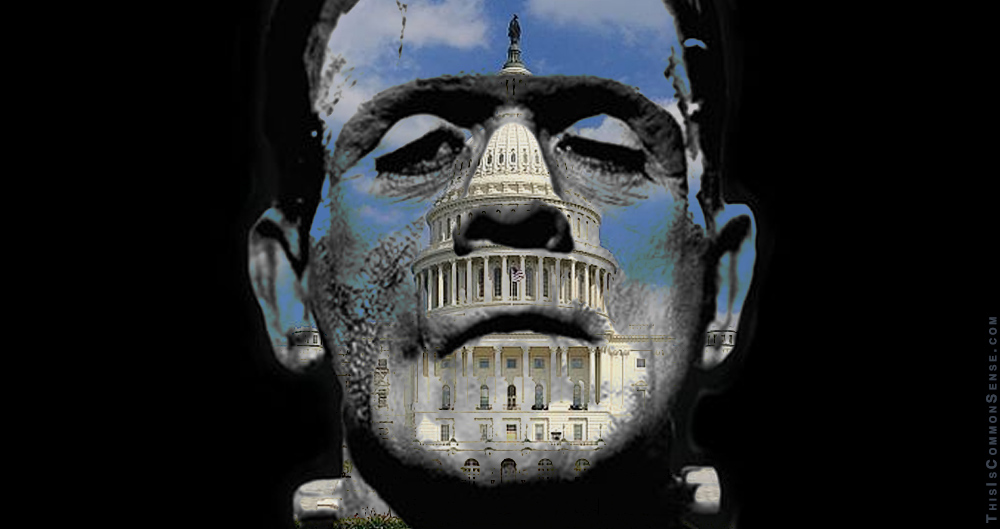“Once the party of law and order,” screamed the Washington Post’s top-of-the-front-page Sunday headline, “Republicans are now challenging it.”
The story’s lede: “Republican leaders’ open defiance last week of the FBI over the release of a hotly disputed memo revealed how the GOP, which has long positioned itself as the party of law and order, has become an adversary of federal law enforcement as the party continues its quest to protect President Trump from the Russia investigation.”
Huh?
Defiance,* by definition, is “bold disobedience.” But the Constitution tasks Congress with control (by oversight and purse string) of the Federal Bureau of Investigation and the Department of Justice. Because subservient, it is the FBI and DoJ that can disobey. Not Congress.
While some Republicans seemingly switched sides on the appropriateness of criticizing the FBI over the Nunes memo release — congratulations are in order! — the same point, reversed, can be made (even humorously) about some on the Left now condemning such criticism.
Criticizing the government — including law enforcement agencies — has always been as American as apple pie.
The Post supports an ever-increasing role for the federal government, favoring Democrats. But now, Trump Derangement Syndrome has apparently pushed the company-town paper over the edge . . . to Media Madness (the title of Howard Kurtz’s new book, which the paper sophomorically savaged).
How ridiculous to characterize Republicans as enemies of “federal law enforcement” because they believe some within the FBI acted improperly, perhaps unlawfully.**
The Post should remember that its journalistic street cred didn’t come from reporting partisan spin as fact, but from what some saw as “defying” the president and publishing “national secrets” in search of the truth
This is Common Sense. I’m Paul Jacob.
* The Post wasn’t alone. Politico echoed the message in its story, “GOP defies FBI, releases secret Russia memo to partisan fury,” and so did other media outlets.
** Moreover, Republican leaders have been clear that the memo does not impact Special Counsel Robert Mueller’s investigation.











